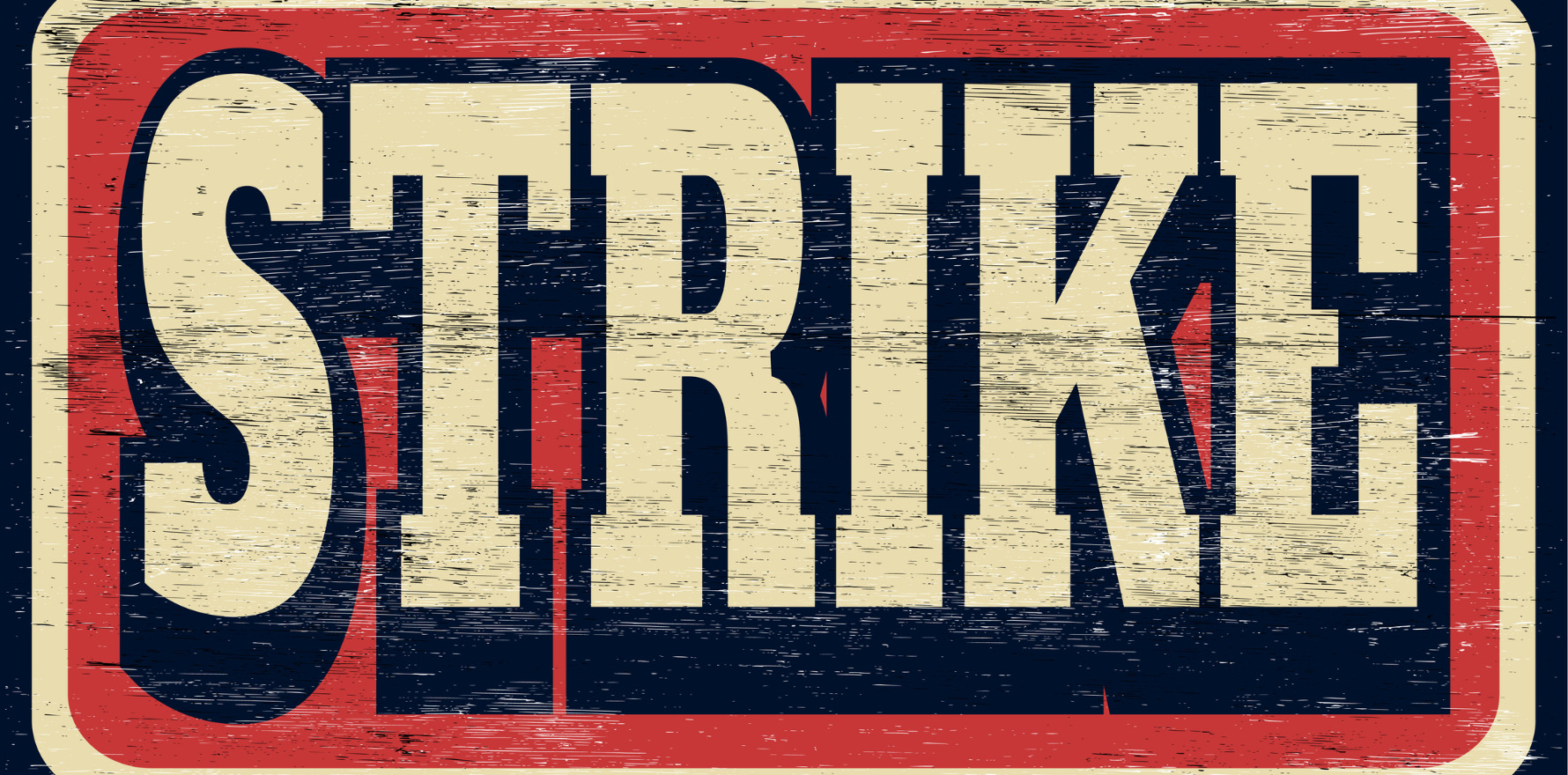Thousands of NSW public hospital doctors are walking off the job next week for three days. One doctor explains why he is going on strike for the first time ever.
NSW public hospitals will be thrown into further disarray for three days next week when thousands of doctors walk off the job over an industrial dispute with the Ministry of Health – in defiance of a court order not to strike.
The doctors say the crisis in the state’s public health system has reached breaking point. The system is already buckling under the weight of the government’s protracted and very public dispute with public psychiatrists, many of whom walked off the job in a mass resignation earlier this year.
That dispute is currently before the Industrial Relations Commission for a full bench arbitration, with final submissions expected to be delivered on Friday.
The latest move by doctors violates an order from the IRC handed down yesterday ordering the Australian Salaried Medical Officers’ Federation (ASMOF NSW) and its members to abandon the strike planned from Monday.
IRC Acting Justice Peter Kite also ordered ASMOF and its members to take down social media posts and refrain from taking industrial action for the next three months.
But the union and its members remained resolute, pushing ahead with the action despite the likely fines they will face as a result. They have said public hospital staffing will be reduced to public holiday levels.
This will see elective surgeries postponed, with only emergency procedures to be performed; outpatient clinics and non-urgent consultations cancelled; and non-urgent medical procedures rescheduled.
Among those planning to strike is emergency senior resident officer Dr Harry Gaffney. He told Health Services Daily he did not want to reveal the hospital he worked with, and he did not want to strike, but felt there was no other option.
“This particular hospital has been great, so I’ve got nothing bad to say about it,” he said.
“It’s more working under NSW Health as a whole, which definitely has got some limitations in respect to its interstate counterparts. The average intern here gets paid about $73,000, which is an average of $24 after tax per hour.
“We don’t get any professional development allowance to help improve our skills, we have to do that off our own back too, and it’s the most expensive state to live in. It’s disproportional to the cost of living here, and it’s quite difficult to work in.”
The poor pay and working conditions were making it harder to attract and retain staff, leading to longer shifts and more difficult working environments. But he said the majority of doctors were dedicated to their jobs and just wanted better conditions.
He said a mass resignation like that undertaken by the psychiatrists wasn’t even a remote possibility.
“We raise alarm bells about the working conditions in NSW Health and the fact that lots of people are leaving, but I can tell you that the majority want to stay,” he said.
“Our families are here. Our friends are here, our networks are here, our support systems are here and on top of that, NSW is the richest state of Australia.
“There’s no reason why it can’t be the best centre, potentially in the world for healthcare. We’re confused as to why the working conditions are so disproportionate in respect to the other states of Australia.
“We’re really tired, but we want to stay. We want to help. We don’t want to abandon patients just for our own gain. It’s for the patients more so than us, because we just want to be able to work our best for them.”
ASMOF president Dr Nicholas Spooner said the statewide action had been driven by widespread doctor shortages and unsafe working hours that put patients at risk.
He said the Minns government had failed to take any action and walked away from award negotiations, leaving doctors with no choice but to strike.
“Patients are struggling to see a doctor in NSW public hospitals. That’s because doctors are exhausted, burnt out and leaving the public sector,” said Dr Spooner.
“We are working dangerously long hours, including 16-hour back-to-back shifts with barely any rest, and often covering multiple roles due to chronic staff shortages,” Dr Spooner said.
“These conditions are unsafe for doctors and unsafe for patients. We’ve been negotiating in good faith for months, but the Government is still refusing to fix this crisis.
“Striking is a last resort for us, and we are doing this so the Premier might finally listen and act.”
Dr Spooner said emergency departments and critical care units would remain staffed to safe levels during the strike.
“We want to be very clear with the people of NSW. Patient safety will not be compromised,” he said.
“If you or your family need urgent medical care at any hospital across NSW, our doctors and medical staff will be there to provide it. Emergency departments and critical care units will remain fully staffed.
“However, doctors will not undertake non-urgent duties, including elective surgery and outpatient clinics. This mirrors typical hospital staffing arrangements put in place during public holidays.”
Related
ASMOF is seeking a pay rise of up to 30% over an unspecified period to match wages in other states. The government has offered 10.5% over three years.
Dr Spooner said doctors were leaving the state in significant numbers to work in other parts of Australia due to the unsustainable working conditions here in NSW.
In a statement to Health Services Daily, NSW health minister Ryan Park said the government had been in negotiations with ASMOF for one year.
“Unfortunately, no progress has been made in this time so we asked the independent industrial umpire to arbitrate a fair and reasonable outcome because we want this matter resolved so doctors can receive a pay rise and patient care can be preserved,” he said.
“In response, the union decided to go on a strike. “The umpire ordered the doctor’s union not to strike, however the union has chosen to defy the independent umpire.
“Our offer is 40% higher than what would have been offered under a coalition government. While it’s not the 1200% that the union has asked for, we want to see a fair pay increase for our health workers.”
Mr Park said ASMOF was asking for “a 30% increase in a single year or around a $75,000 increase for the typical staff specialist”.
“Their claim amounts to over $11 billion in additional government spending – almost twice that of what nurses and midwives are asking but making up only a fraction of the nurses and midwives’ workforce,” he said.
“We can’t possibly say yes to a $75,000 single year pay rise to specialists on over $400,000 a year and expect something different of nurses and midwives.”
Dr Spooner said it was “demoralising and heartbreaking to work in a system that is breaking down in real time in front of us”.
“We don’t want to strike. We want to care for our patients safely,” he said.
“However, we will not stand by while the NSW government allows the system to crumble. The system is not sustainable, and we cannot continue like this.
“Right now some patients are waiting over 24 hours to see a doctor when they present to an emergency department. We have over 100,000 public patients on the elective surgery waitlist.
“We call on Premier Minns to come to the table and provide the staffing, the conditions, and the respect that NSW doctors deserve. The future of our health system depends on it.”
Next week will be Dr Gaffney’s first experience of a strike.
“It doesn’t sit well. It doesn’t sit well with any of us,” he said.
“We want to work, and we want to be looking after our patients. But at the end of the day we just want a working healthcare system.
“We all love our jobs; we just need help to be better supported through and feel valued and heard.”




